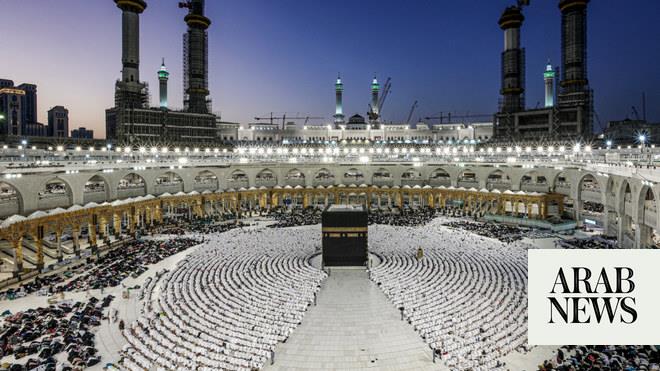
RIYADH: SpaceToon, the TV channel that shaped an entire generation, celebrated its 21st birthday last week. Social media was awash with loving, emotional tributes to the Arab region’s favorite cartoon network.
The pan-Arab free-to-air television channel has broadcast animated children’s shows across the region for more than two decades.
Headquartered in Dubai, with offices in Cairo and Riyadh, the channel launched on March 15 in 2000, and has since established a firm foothold in the region’s pop culture sphere and cemented itself in the hearts of viewers. Today, the channel broadcasts in more than 22 countries worldwide, and streams online to many more.
SpaceToon is most widely known for being the region’s introduction to anime, or Japanese animated cartoons. Dubbed in Arabic, with re-recorded versions of theme songs, the channel introduced Arab audiences to some of their most beloved cartoons, such as “Pokemon,” “Grendizer,” “The Adventures of Sindbad” and “Detective Conan.”
Rayyan Al-Mousa, 28, said: “The first thing I would do when school was over was run to the TV hoping to catch my favorite shows in time.
“SpaceToon introduced me to anime, and I grew up watching ‘Pokemon,’ ‘Dragon Ball Z’ and ‘Digimon,’ all of which I still love to this day. I still collect the merchandise from those series.”
The one thing I will never forget about SpaceToon is how they referred to us.
Rayyan Al-Mousa
He added: “It’s a little cheesy to say so, but those shows shaped the way I looked at the world. They taught me the values of resilience, patience and never giving up. Even though I watch them in Japanese now, every so often I will go back to the Arabic dub for the nostalgia factor.”
For many other fans of the channel, the emotional impact of the shows stretch beyond mere nostalgia, and some may even say that growing up with SpaceToon changed their lives.
Reem Al-Mansour, 31, also grew up watching SpaceToon, and recalled the show “Ana Wa Akhi” (My Brother and I), the heart-wrenching tale of two young brothers who lose their mother in a car accident and have to find a way to go on living without her.FASTFACTS
• The pan-Arab free-to-air television channel has broadcast animated children’s shows across the region for more than two decades.
• Headquartered in Dubai, with offices in Cairo and Riyadh, the channel launched on March 15 in 2000.
“My own mother passed away when I was quite young,” Al-Mansour said. “And I saw many of my own struggles mirrored in the show. ‘Ana Wa Akhi’ really helped me get through those dark days, coping with my new responsibilities, and even helped me come to terms with my sense of loss. I still feel emotional when I hear the theme song.”
Despite the ongoing changes in the way we watch TV, SpaceToon has managed to adapt to new norms by providing streaming services, a YouTube channel and an online schedule documenting when shows will air.
In May last year, SpaceToon announced a new partnership with the MBC group’s streaming service, Shahid, to bring their exclusive content to the platform, joining the ranks of other leading children’s entertainment providers, such as Disney and Fox.
Al-Mousa, like many SpaceToon fans, welcomed the change, and expressed his happiness that future generations will be able to enjoy the same shows he once did.
“This will make the content available to so many younger people, and maybe some day I’ll be able to share the shows of my youth with my own children,” he told Arab News.
Today’s generation also has an appetite for nostalgic paraphernalia from old shows, leading to a surge in demand.
Pinnizer, a Saudi company that specializes in retro pins, has an entire collection dedicated to cartoons of the past, such as “Treasure Island,” “Sindbad,” “Maroko,” and other classic SpaceToon shows. Pinnizer’s owner, Labeed Assidmi, told Arab News that his retro pins were some of the most highly demanded products on his online shop.
Similarly, Arab News’ own exclusive interview with Mangaka Go Nagai in 2019, where he discussed the possibility of a “Grendizer” revival upon discovering the anime’s popularity in the region, sparked renewed interest in the much-loved 70s classic.
“The one thing I will never forget about SpaceToon is how they referred to us,” said Al-Mansour.
“Shabab Almostaqbal (The Youth of the Future). SpaceToon’s belief in us helped us believe in ourselves. I doubt that anyone from the generation that grew up watching that channel could possibly say otherwise.”









